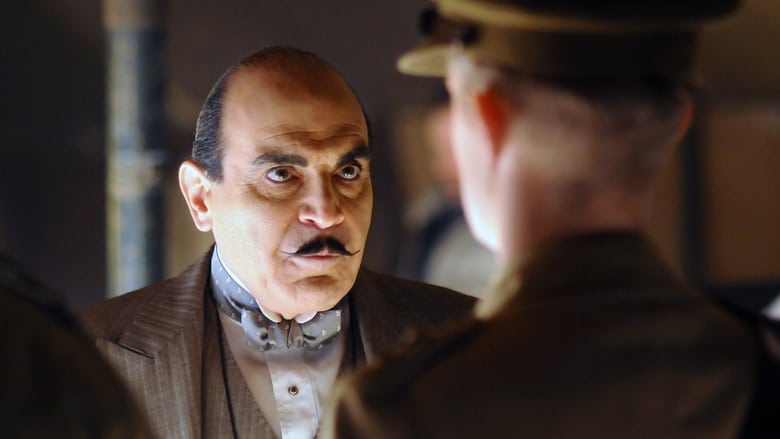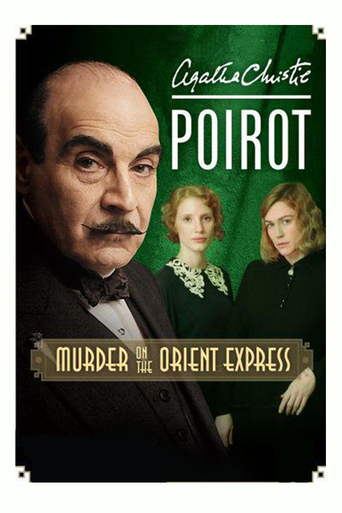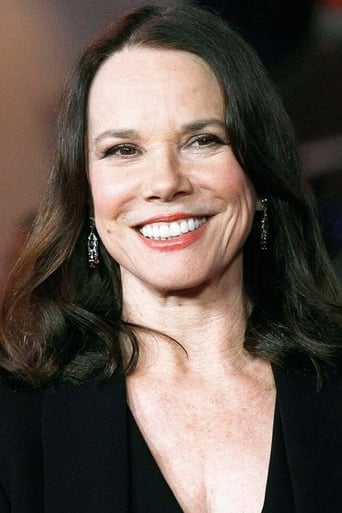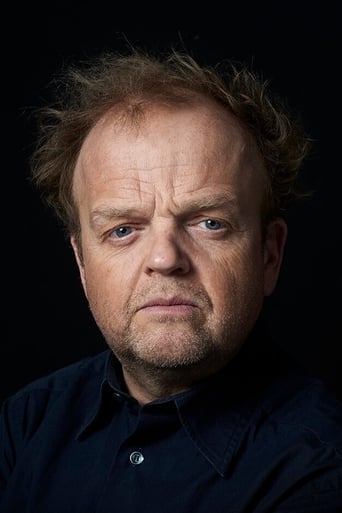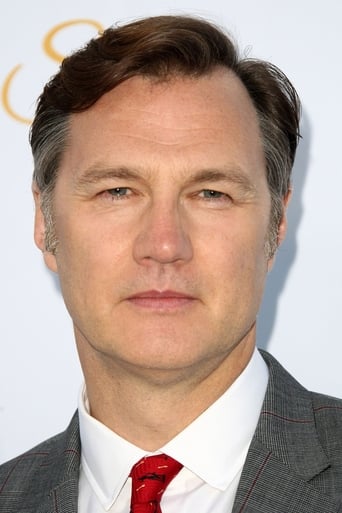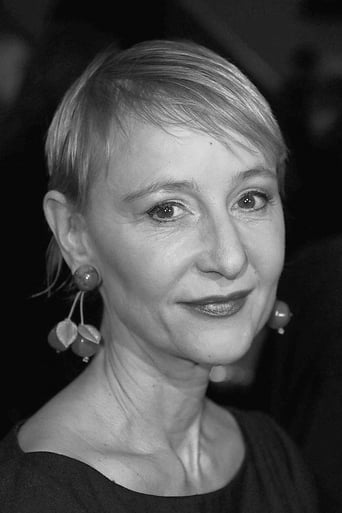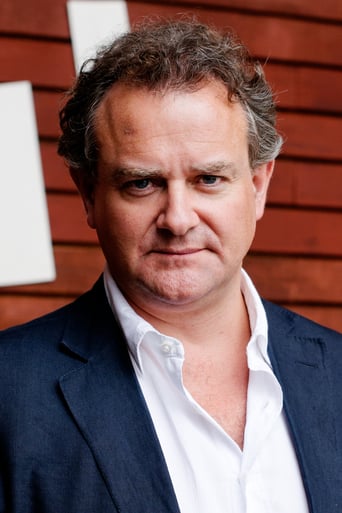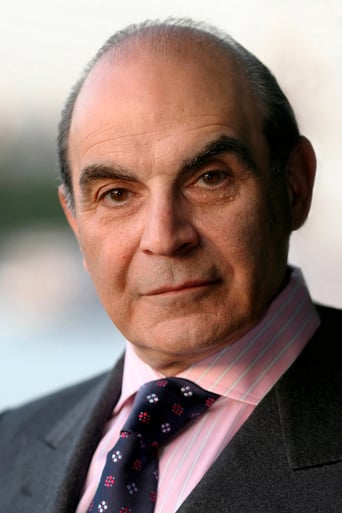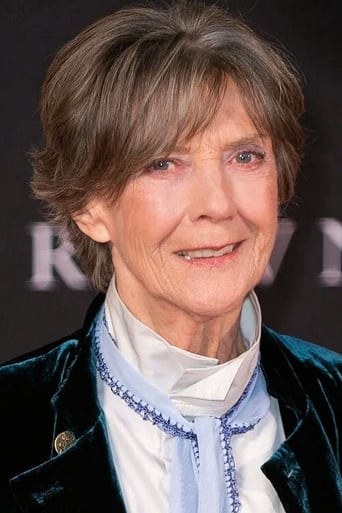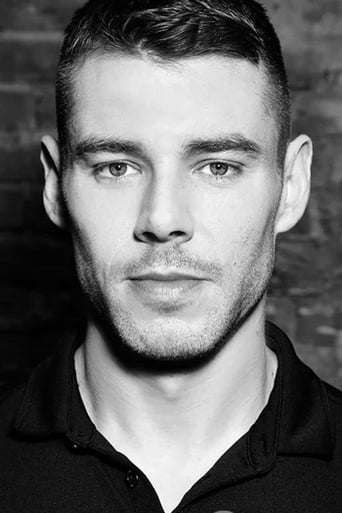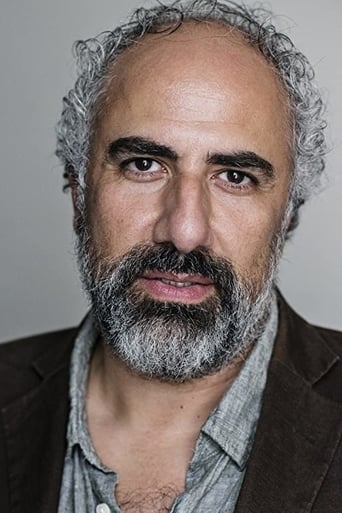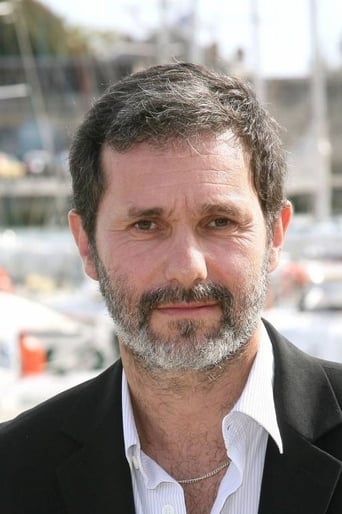Poirot investigates the murder of a shady American businessman stabbed in his compartment on the Orient Express when it is blocked by a blizzard in Croatia.
Reviews
I like the storyline of this show,it attract me so much
Simply A Masterpiece
Just what I expected
If the ambition is to provide two hours of instantly forgettable, popcorn-munching escapism, it succeeds.
By the time that this film was made of Agatha Christie's "Murder on the Orient Express," David Suchet had played the role of Hercule Poirot for more than two decades. In that time, he had delved into and dissected the character that Christie created. Suchet had played Poirot in dozens of films from Christie stories. He had studied Poirot's appearance, his manners and mannerisms, his speech and his carriage. Suchet had probed the depth of the character. And, he fine-tuned his arrogant behavior with subtle, small changes as he, and the character, matured in the role over the years. Audiences knew Hercule Poirot only as Suchet now presented him. It was now 3½ decades since the original defining "Orient Express" of 1974. Albert Finney in the lead role and more than a dozen big name screen stars of the day had presented a masterpiece on film. But in between, a 2001 modernized version of the story was made for TV and aired on CBS. To say that that version was forgettable would be the kindest thing one could say about it. So, with movie rights in hand, ITV took another look at Christie's story. The writers returned to the original story and considered the darker overtones of the novel. They made one change in the plot toward the end that added an aspect of intrigue. And this time, they looked more deeply into Poirot's character, which, by now, had become so familiar to many millions of people through the British TV series and many individual films. Christie wrote a background for her 1934 mystery based on a real event. In March 1932, a kidnapper took the one-year old baby boy of the Charles Lindbergh's from their home in New Jersey. Two months later, the boy's body was found in the woods not far from the home. This movie is set in 1938, as war loomed in Europe, so the fictional kidnapping and killing in the story would have been in 1933. By 2010, the millions of viewers and fans of the previous two decades would be very much aware of Hercule Poirot's strong views on types of crimes. He vehemently disapproved of murder. No one could ever be justified in killing another human being in cold blood. Poirot believed strongly in justice under the law. And, with this new film, viewers get a further look into Poirot. He cannot tolerate revenge that leads to vigilante justice. This differs from the book though, where Poirot was a little empathetic toward those who wanted to right a miscarriage of justice. The producers did many things to capture the time of the story. The train cars were rebuilt to resemble those of the 1930s, down to the decorations, art works and frills. The costumes, dress, makeup and grooming condiments were authentic for the period. Much research went into the planning of this new film. The script, direction and acting meticulously followed the manners, mannerisms and customs of the time. The 1974 film was true to the book and met with Christie's approval. Yet it didn't explore the dark side of murder as deeply as does this 2010 film. In this film, the script and cast play it just slightly more somberly. And Greta Ohlssen iterates how the avengers justify their form of vigilante justice. It's when God has not seen that justice was done. The contrast with Poirot and his serious moral convictions (when he prays the rosary), is striking. Poirot's strong abhorrence for anyone killing another person remains. This film is every bit as good as the 1974 movie. Each has its own appeal, with a slightly different approach. The preferred roles of the casts vary between the films. Suchet's Poirot is slightly better than Finney's. But most of the rest of the cast in the 1974 film outshine the performances of the 2010 film. Richard Widmark's Rathchett is much better than that of Toby Jones who seems to be overacting at times. Sean Connery's Col Arbuthnot is much better than David Morrisey's role. And, Ingrid Bergman is for superior to Marie Croz at Greta Ohlsson.
I was stunned by the emotional intensity that David Suchet brought to this role. I have always felt that the character in the novels and in the earlier seasons of the series was immutable and thereby incomprehensible - a criminal superhero who readers and viewers could count on to consistently find the murderer but who at best, is only admirable for his talents. The last scene of Murder on the Orient Express, where Poirot walks away in tears knowing that he has been forced to make a terrible decision created for me, for the first time, something real. Highest praise to the writers, producers and actors of this episode for bringing Poirot alive. Although he is aged, tired, sick, and morally conflicted, the episode creates a doorway by which Poirot becomes something reflecting the human condition in its particularity as opposed to just the trivial diversion of a static, invariable genius.
This is by far the best version of Agatha Christies Murder On the Orient Express. The character of Poirot is played seriously and not like a comedy character like the previous Albert Finney version. The criticism I read on here is unfounded. Poirot was born in Belgium and would of being a Roman Catholic. Catholics when faced with difficult decisions would take their religion into account, also Catholics living in the 1930s always carried a Rosery on the person at all times to enable hospital staff to recognise their religion in the event of an accident. Therefore the criticism is unfounded. This production maintains the high standards of previous Poirot episode's.
I must say that even though I do not particularly enjoy the latest episodes of this series (the light, the filming, the twists... I am a fan of the earlier seasons), I absolutely loved this version of the old classic. I do know Poirot looked way too moody, perhaps too sullen, but my, doesn't this add an extra flair to the movie!I personally didn't expect anything from the latest series, and yet Murder on the Orient Express took my breath away. To my mind, this version deserves a right to exist. David Suchet was fantastic as per usual, the cast was great. Depth and moral dilemma, excellent!The final moment when he walks away from the passengers is worth gold, truly inspiring!
Top Streaming Movies











